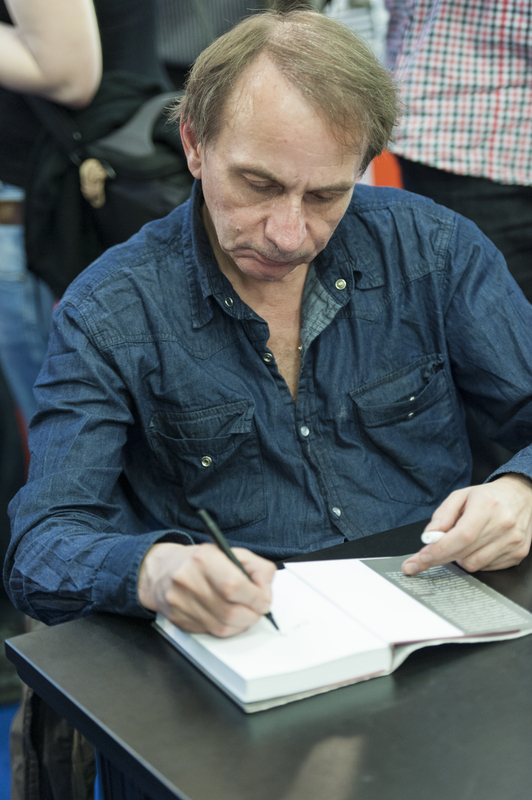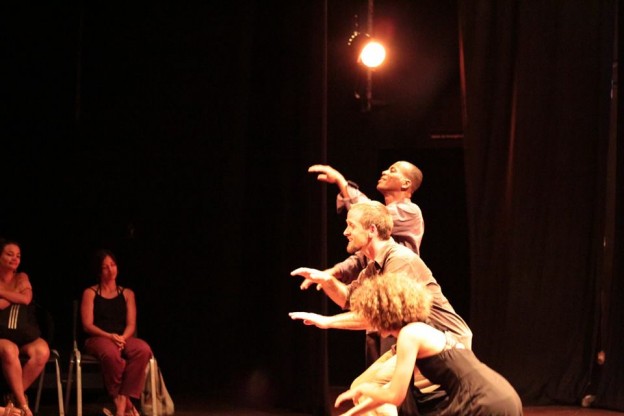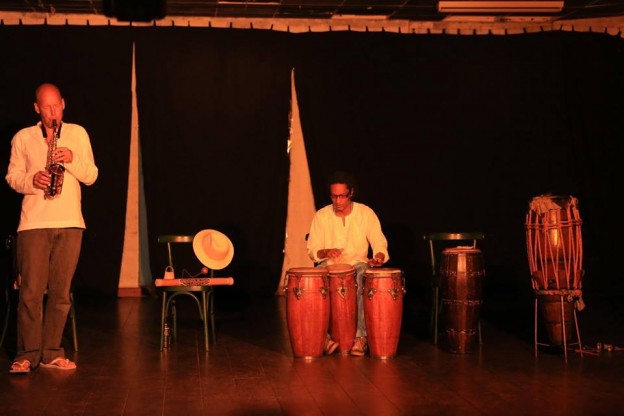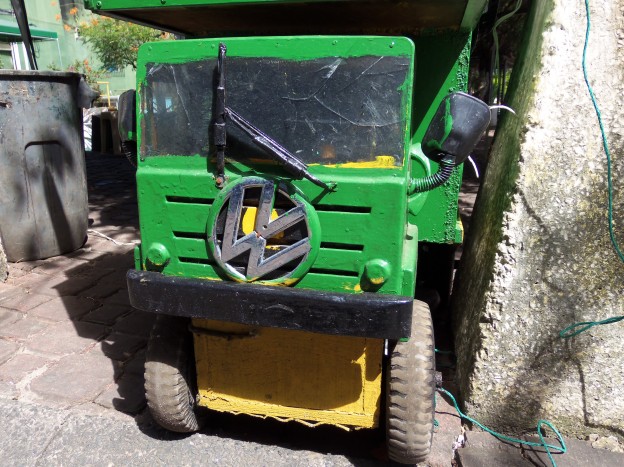I was lucky enough to spend this summer in Paris. I rented a room through Air B n B in the 11th Arrondissement, a lively area of bars and music venues, patisseries, bookshops and markets. The inhabitants are mixed, with a large Muslim contingent, as well as Jews, Africans, Asians and so on. Whether talking of religion, nationality, race or geography, and I am consciously mixing these up here, the area is a coming together and a living together. On top of the locals, there are many visitors, and temporary residents, like myself, many from the US, UK and rest of the EU.
However, there were clear indications that all was not peace and love here. The Jewish primary school up the road a hundred meters from me had an army guard detail outside during school hours, vigilant and armed to the teeth. Other detachments patrolled the streets. This clearly was not enough to deter or stop the bloody massacre of last Friday, when well over a hundred people were mown down outside cafés and at a gig, with hundreds injured. Friday the 13th, Friday the Muslim holy day. I spent my time in music places, watching and playing, sitting outside cafés, eating in restaurants. With good friends sometimes, and for a while with my son, who joined me for a week. We regularly passed by those very places which last Friday ran with the blood of random revellers, like us.
During my time there I read a controversial novel Soumission (Submission), published at the time of the Charlie Hebdo attack earlier this year, which invents a near future where an Islamic republic is established in France. The author is Michel Houellebecq, who went into hiding for a while because of death threats. He had previously made derogatory remarks about Islam. I felt rather self-conscious reading the book in public places, although it turns out to be rather unexpectedly ambivalent in tone about the fictional Islamic take-over which is portrayed as a seductive return to traditional values.
It is difficult to know what to say about the recent attacks, other than to express one’s utter shock and disbelief. What is clear is that we are at war. The visitations of death which have been commonplace in the middle East for so long now clearly include us in their icy embrace. A large swathe of the world, from Pakistan to Nigeria, is embroiled in a complex chain of conflicts which have many causes (in both senses) including inter-ethnic conflict, liberation movements, religious sectarianism and intolerance, pro-democracy uprisings, the Arab-Israeli conflict, Western involvement, power games by various countries etc. etc. But Islamic fundamentalism is a common theme. And really this war has been going on since 2001. Since September 11th of that year, the Al Qaeda attack on New York and the retaliatory invasion of Afghanistan in that year, this has been going on. Its roots of course lie much further back. But just to take an overview like this is quite sobering: 15 years at war, a war spanning from Canada (check) and Boston to Spain, France, UK, to Mali, Egypt, Syria, to India, Bali and even Australia.






